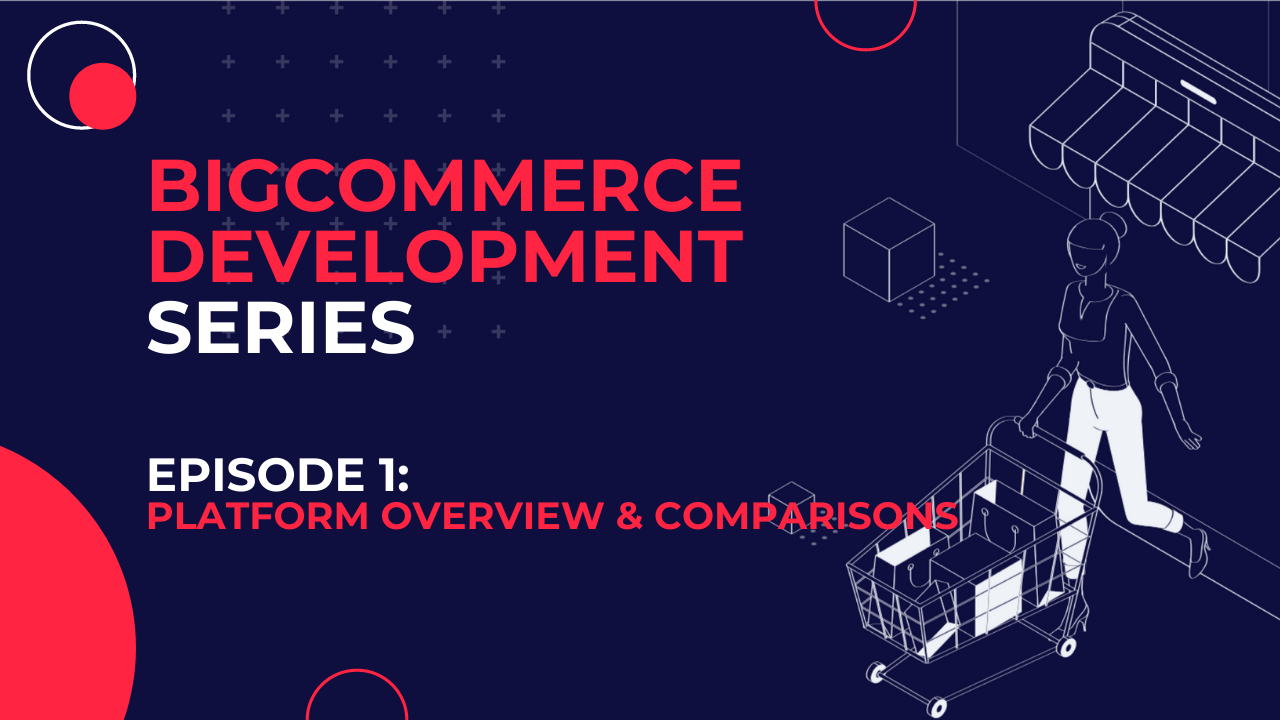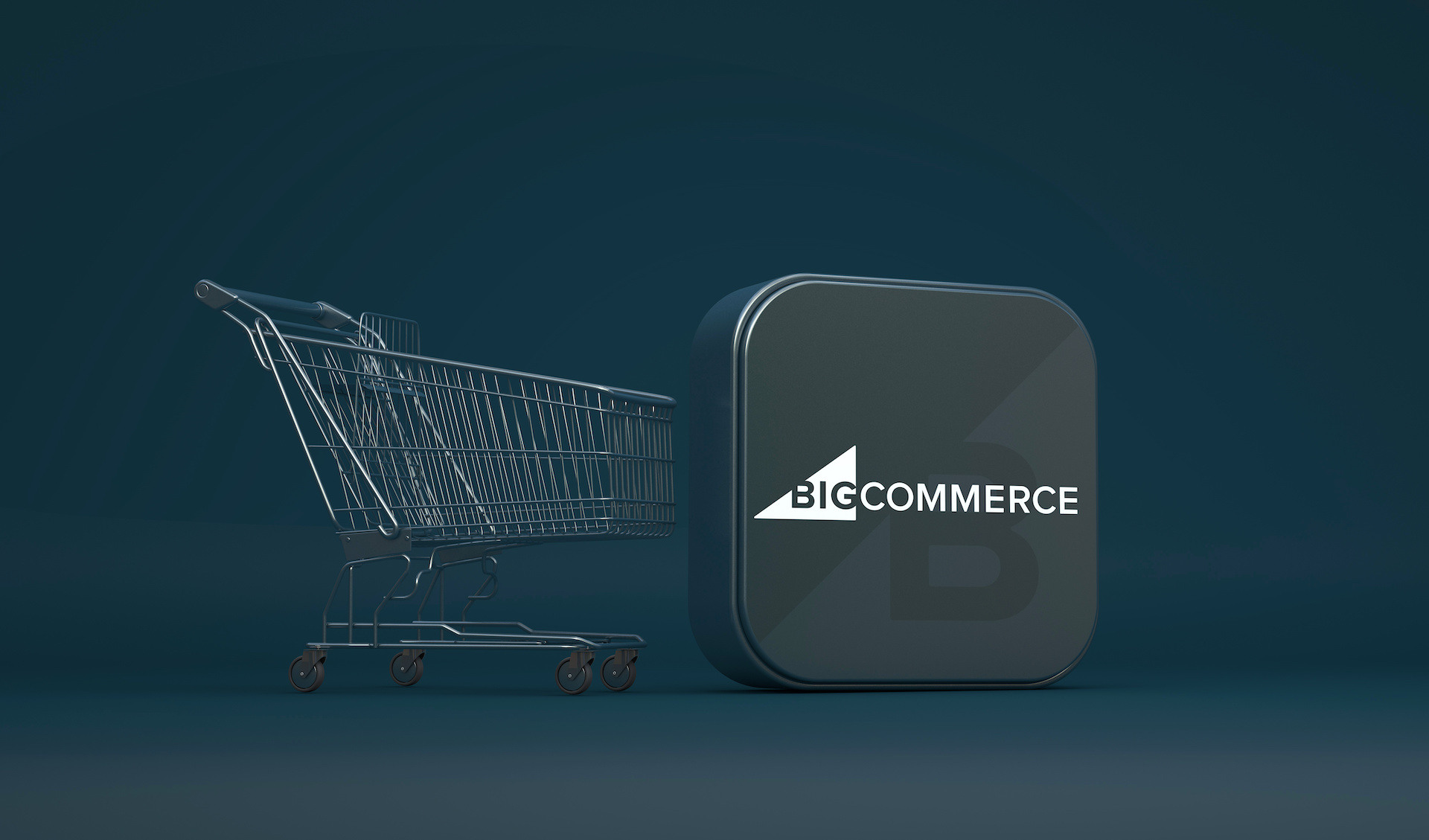BigCommerce Development - Platform Overview and Comparisons
Is the BigCommerce platform right for your business? In the first episode of our BigCommerce Development Series, Kristin Jordan gives a general overview and discusses the benefits of this scalable platform. Plus, she gives examples of some big brands using Bigcommerce and showcases various platform comparisons.


 Tim Bucciarelli
Tim Bucciarelli




